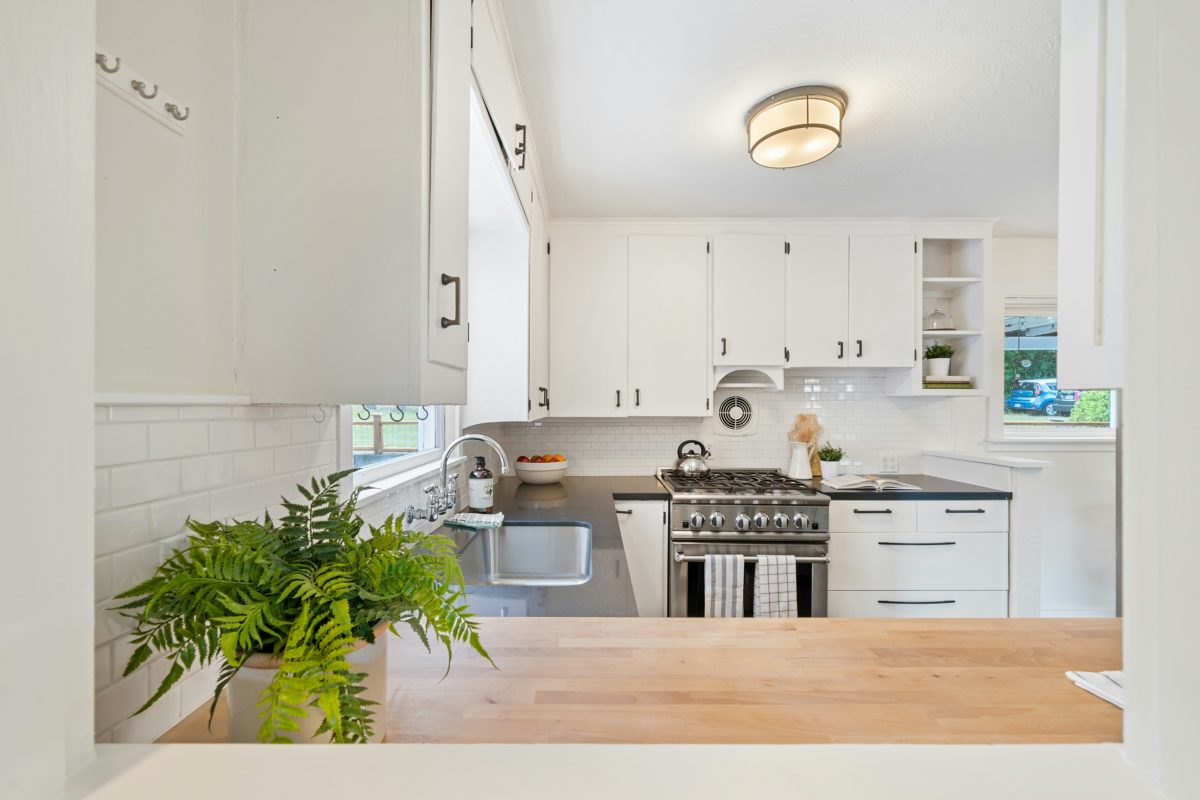No matter how you frame it or how many times you do it, it’s difficult to motivate yourself to do housework – nevertheless, it needs to be done.
And research shows a good spring clean can actually leave you feeling calmer, happier and more focused. It’s all about a tidy space and a tidy mind.
So, we’re sharing our top tips for tackling a shared kitchen in student accommodation. The best way is to divide and conquer, so grab your roommates, put some music on and get started.
Wash the pots
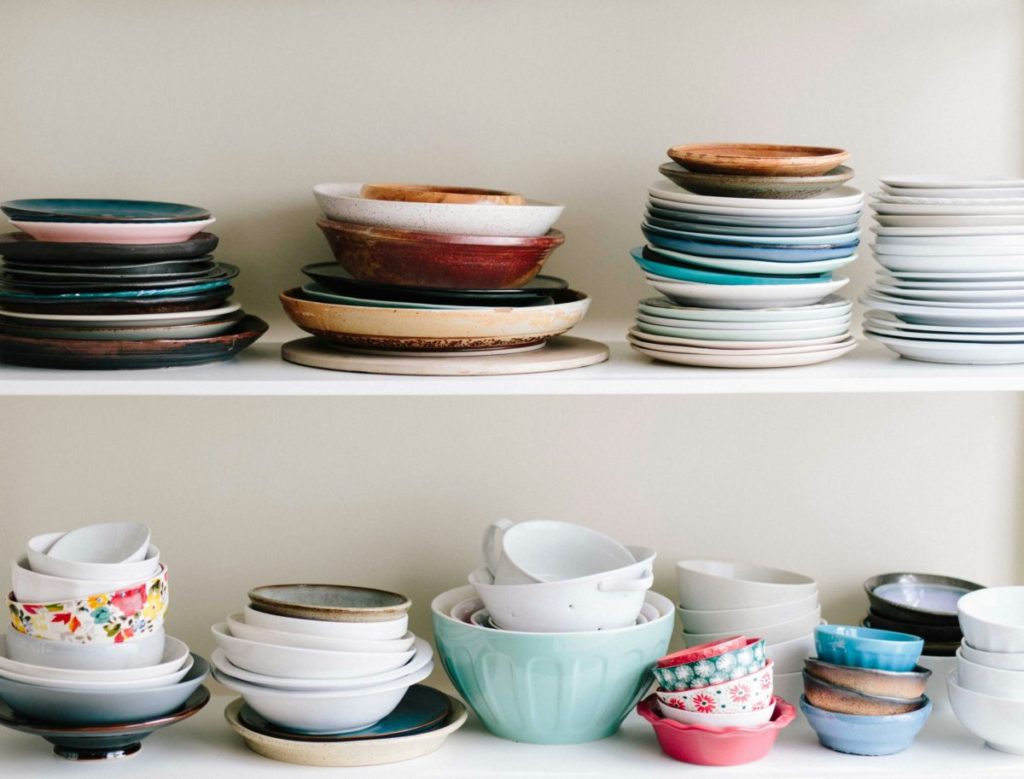
Let’s start with an easy one…
When you’re sharing a kitchen with other people, and you’re all busy with your studies, dishes can pile up pretty quickly.
The bigger the pile gets, the less you want to sort them – especially if they’re not all yours. The solution? Clean them together, with one person washing, one person drying and one person putting them away. The time will fly by if you’re chatting, and it’ll be less of a chore.
Getting the dirty dishes out of the way will make a dramatic difference to your kitchen space. While you’re there, stick your tea towels in the washing machine to freshen them up.
Dust your appliances
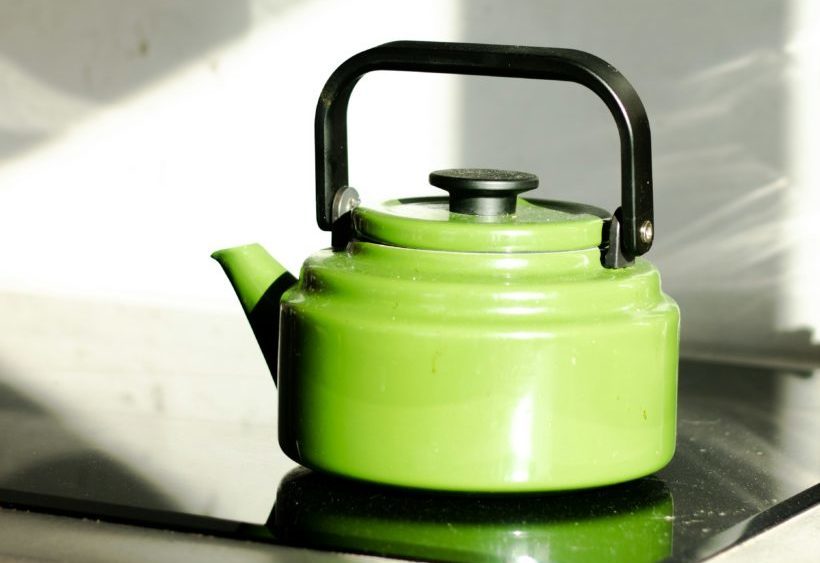
Things like the kettle, toaster and microwave will be a constant on your kitchen counter, which means they’ll attract dust.
Not only does it look bad, it can also cause problems for our health and worsen conditions like asthma.
Run a soft cloth over your appliances, not forgetting the tops of cabinets and the fridge. For a better result, moisten your cloth slightly with water.
And remember that dust will also collect on your floor, around cupboards and on skirting boards. Now is a good time to give it a sweep.
Wipe your surfaces
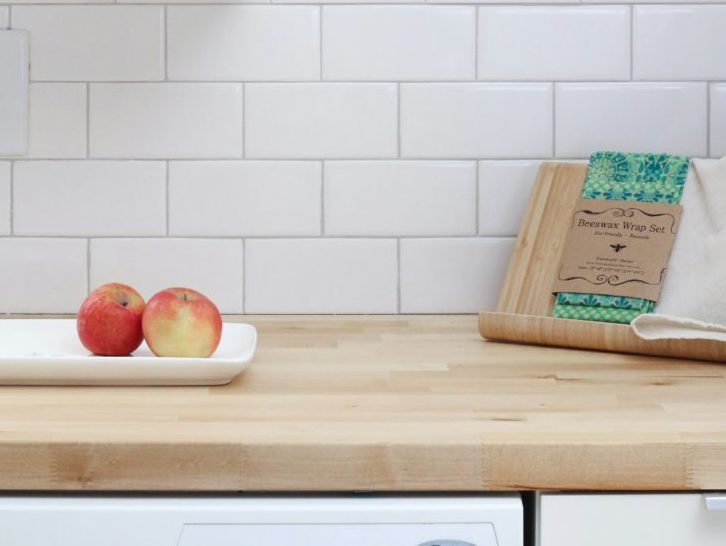
Kitchen surfaces are breeding grounds for germs and bacteria, so keeping them clean is essential given it’s where we prepare our food.
Antibacterial wipes designed for the kitchen are usually a good way to go, especially when you’re facing a sticky worktop. Just make sure you read the instructions to check they aren’t going to damage your surfaces.
It’s amazing how much we can achieve when we’re armed with a pack of wipes, but they aren’t enough alone. Every so often, you should also sponge them down using hot, soapy water.
Mop the floor
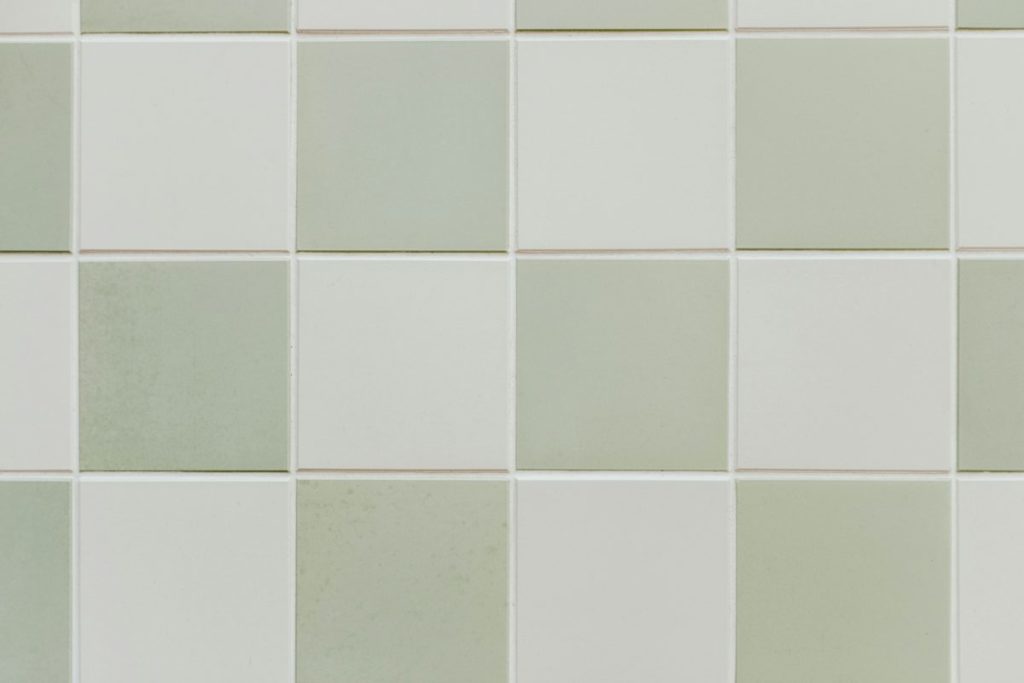
One of the best time-saving products I’ve ever used is a mop stick. It has a cleaning pad on the bottom and makes mopping floors as easy as wiping your worktops.
The good thing about them is that they make light work of grime and dirt. And, when you’re done, you can rinse or dispose of the cleaning pad without fuss. Plus, it takes up hardly any space, which is a big bonus when it comes to student accommodation.
Start by clearing everything out of the way – you can stand things in the corridor or place them on the table while you work.
Whichever mop you choose, use your cleaners as instructed and get to work. You should always start in one corner and work backwards, making sure you’re stepping on the unmopped sections.
Bring your microwave back to life
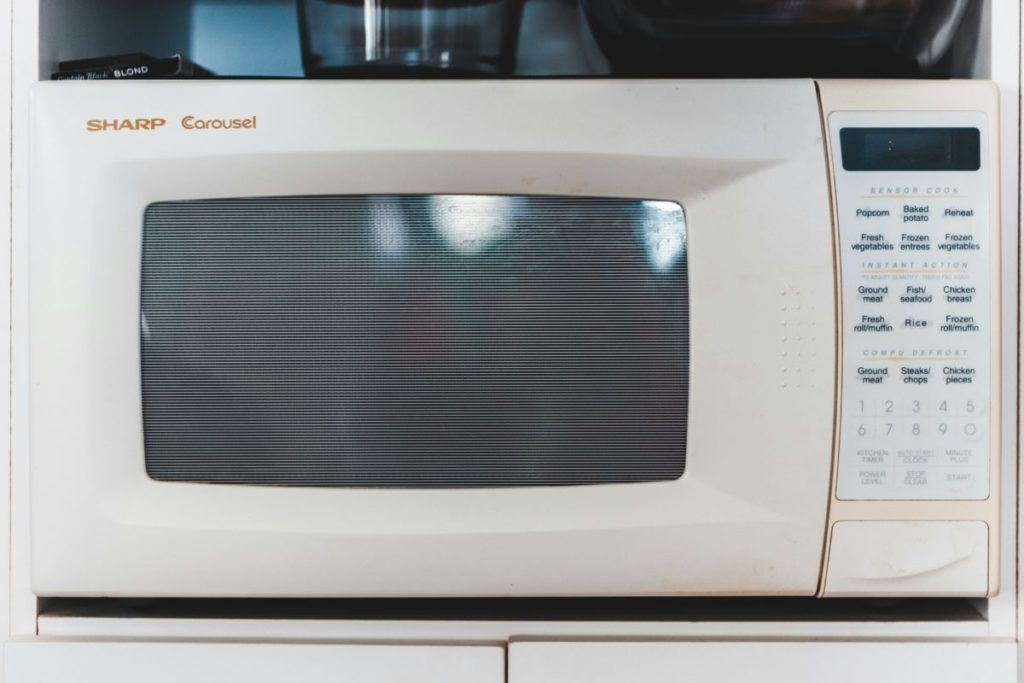
Let’s face it, the microwave is probably the kitchen appliance you use most often. It’s easy, it’s quick and it’s convenient.
And because you use it so often, food and grease can build up in it, making it more difficult to clean.
Luckily, there’s a simple solution. Fill a microwave-safe bowl with a cup of water and add some lemon juice. Then, pop it in the microwave on a high setting for a few minutes or until it steams up.
Wait a few more minutes before opening the door. You’ll see that all of the grime is wet and can be easily wiped away with a cloth or sponge. It’s as good as new in no time.
Tackle the oven
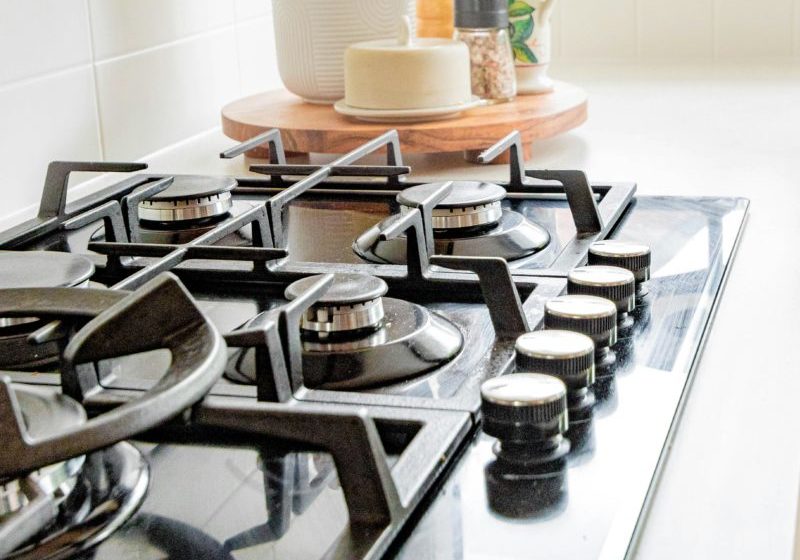
Did you know that a dirty oven can change the way your food tastes? It’s also a fire hazard, so it’s doubly important to make sure it’s clean.
First, take out the wire racks and pop them in the sink to wash later. Then, as awful as it sounds, pick up any loose bits of old food and debris which has collected at the bottom. It’ll make the next part easier.
When you’ve emptied your oven, use an oven cleaner on the rest of the grease and splatters. Some cleaners like to sit in the filth for a while and get to work before you take a scouring pad to them, so make sure you follow the instructions on the bottle.
Finally, once everything is clean, rinsed and shiny, pop the wire racks back inside and you’re done. It’s always best to leave the oven a while before cooking anything.
Empty the bin
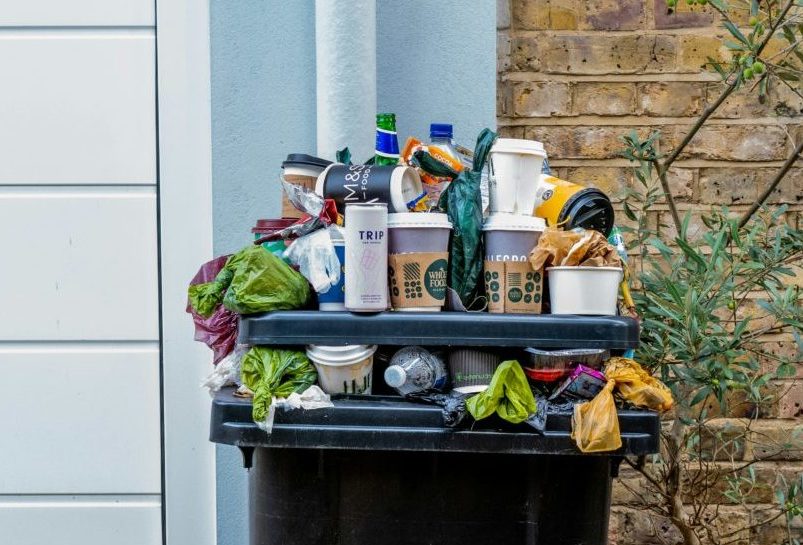
You should empty the bin every couple of days to make sure it doesn’t overflow with waste or develop a smell.
It’s not the nicest of jobs, so taking it in turns is usually the kindest way to do it. Once you’ve emptied the bin, wash your hands thoroughly.
Then make sure you pop a new bin liner in it. It’s easy to forget, and the next person who throws away a half-drunk milkshake won’t thank you if there’s no bin liner in there. What a mess!
Get some fresh air
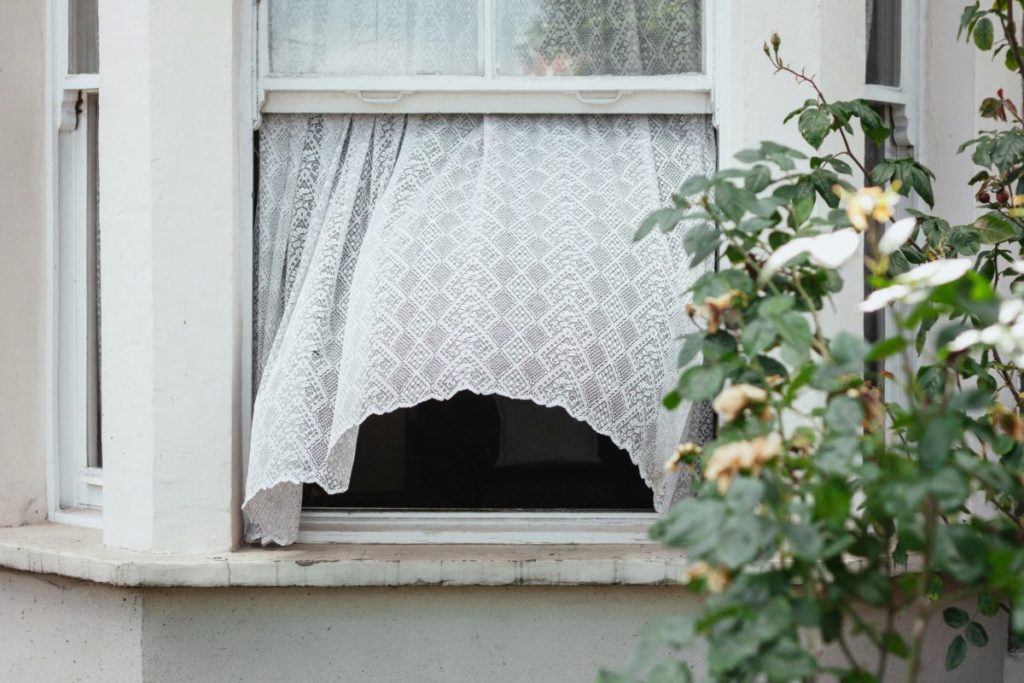
Rooms can get stuffy, especially when you’re cooking and congregating in there.
Opening a window or door for an hour will keep the kitchen nice and fresh (especially after someone has cooked something particularly pungent) and clear out any viruses or dust particles hanging in the air.
Just be sure that someone is home while you’re airing things out and check that you lock the windows up again before leaving or going to bed.
Replenish your supplies
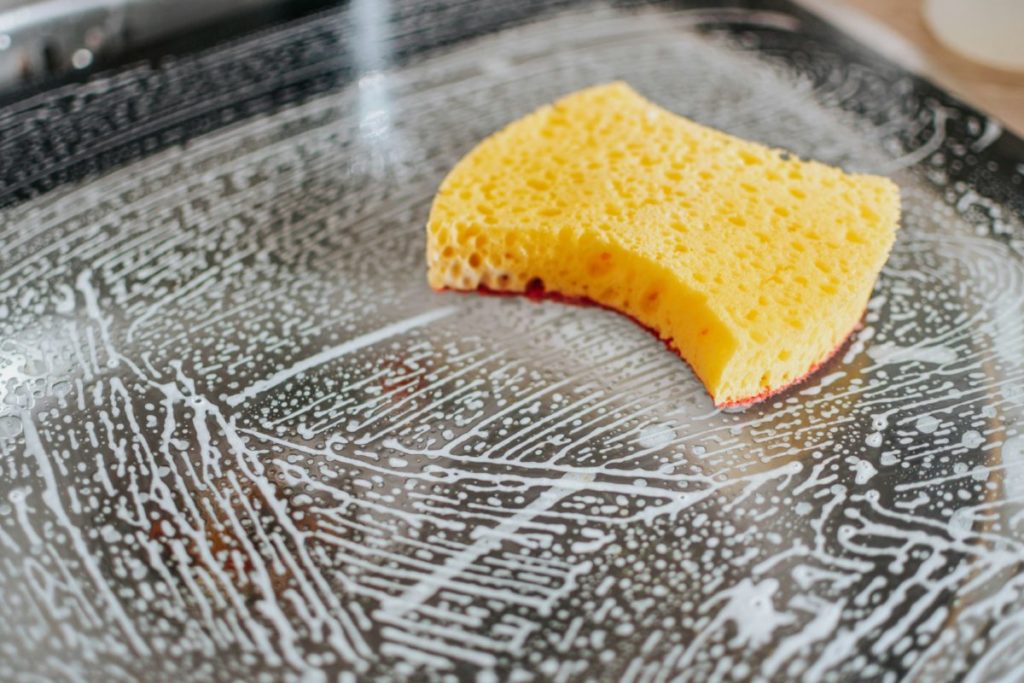
If you’ve used the last of the scouring pads or washing up liquid during your spring clean, make sure to add it to your shopping list for next time.
Pop everything you’ve used back in the cupboard and enjoy your new, clean kitchen.
It might even inspire you to ditch the pot noodles and finally open that student cookbook your parents got you.
Which other rooms would you like us to help you spring clean? Let us know in the comments…


